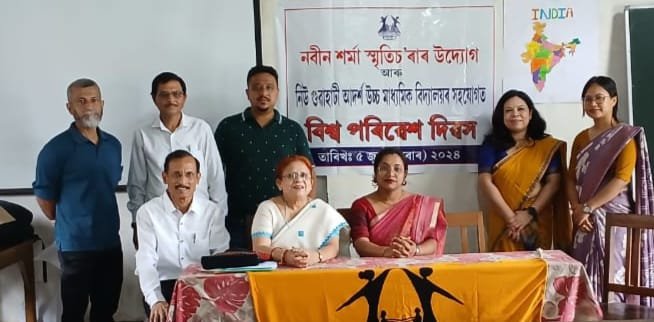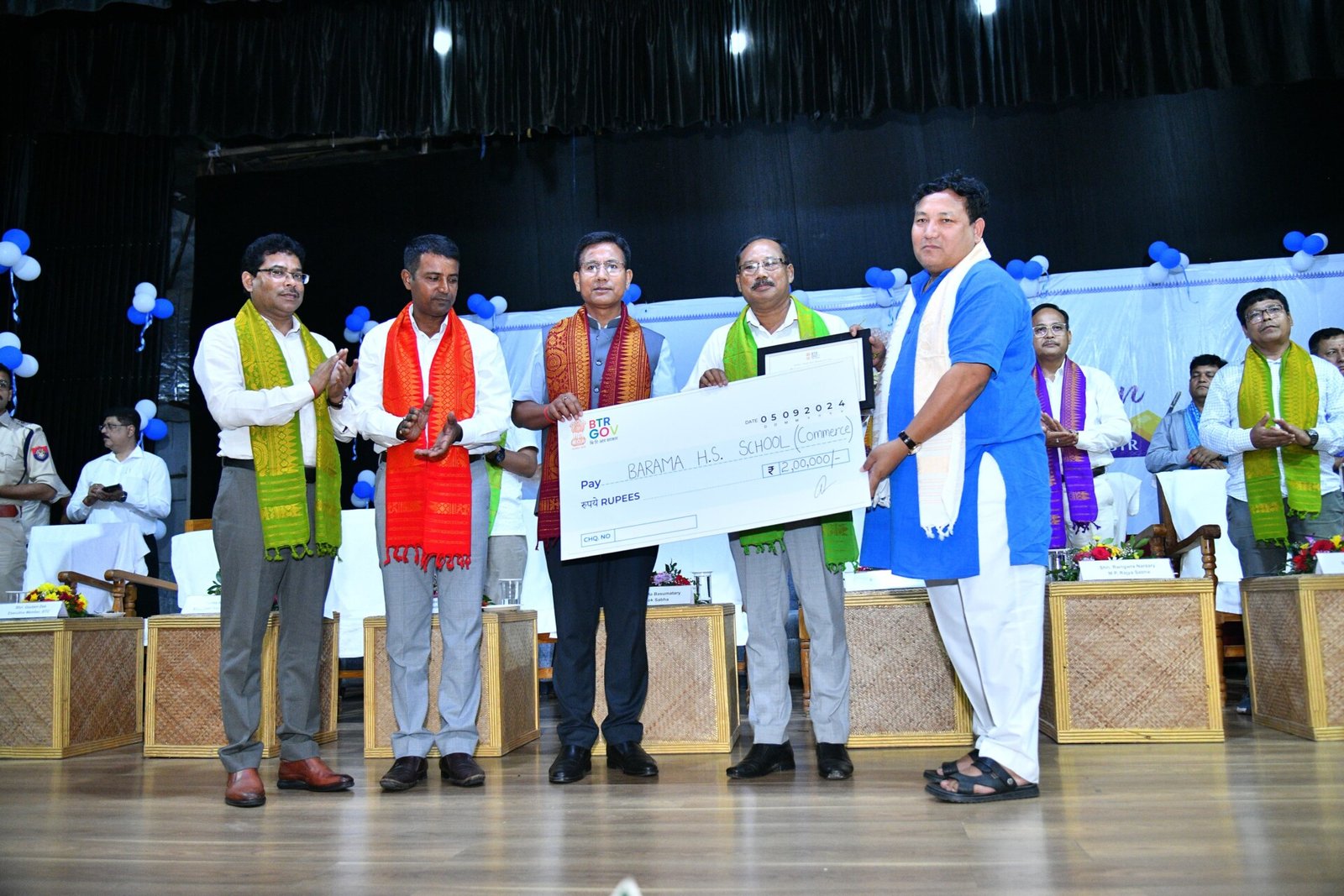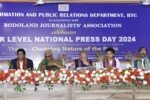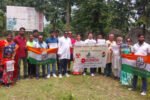HT Correspondent
SIVASAGAR, Sept 23: The minister of Public Health, Engineering, Skill Development, Employment, Industry, and Tourism, Jayanta Mallabaruah, chaired a review meeting of the Swachh Bharat Mission (Rural) and Jal Jeevan Mission with tea plantation managers, owners, and other stakeholders of Sivasagar and Charaideo districts on Monday at Yuva Dal Auditorium. Additional mission director of Jal Jeevan Mission, Dharmakanta Mili, delivered the welcome address. The ‘Transparency is Service’ oath was administered to the participants by the minister at the beginning.
Jayanta Mallabaruah, in his speech, said that the cooperation of the tea garden authorities in implementing the mission in rural areas is absolutely necessary. It is essential to ensure that the workers of the tea plantations receive clean drinking water twice a day through the Jal Jeevan Mission scheme as they maintain high tea production in their gardens. Regarding the Swachh Bharat Mission, the minister expressed his interest in ensuring that workers who do not have quality toilets in their homes gain access to them. The minister also informed that mobile toilets will be provided if required. The meeting was anchored by Rajiv Barpujari, consultant, Sonari division, Jal Jeevan Mission.
Minister Jogen Mohan of the Revenue and Disaster Management, Hill Area Development, and Mines and Minerals Departments, and the MLAs of Thowra, Sonari, and Doomdooma—Sushanta Borgohain, Dharmeswar Konwar, and Rupesh Gowala—along with Sivasagar district commissioner Ayush Garg and chief engineers of the Assam Public Health Engineering Department, Gayatri Bhattacharya and Nripendra Kumar Sharma, were present at the meeting. The minister answered queries from the participating public.
Replying to media questions, minister Baruah said that the time limits for most of the contractors have elapsed and the department is assessing their work and performance, and accordingly, steps will be taken against defaulters. Baruah also urged that media personnel must look at the census reports over the years, from 1901 to date, to understand the enormous demographic changes in some districts. He added that the government has virtually accepted all recommendations of the Justice Biplab Kumar Sarma Report, except for some ten, which fall under the central government’s responsibility.












